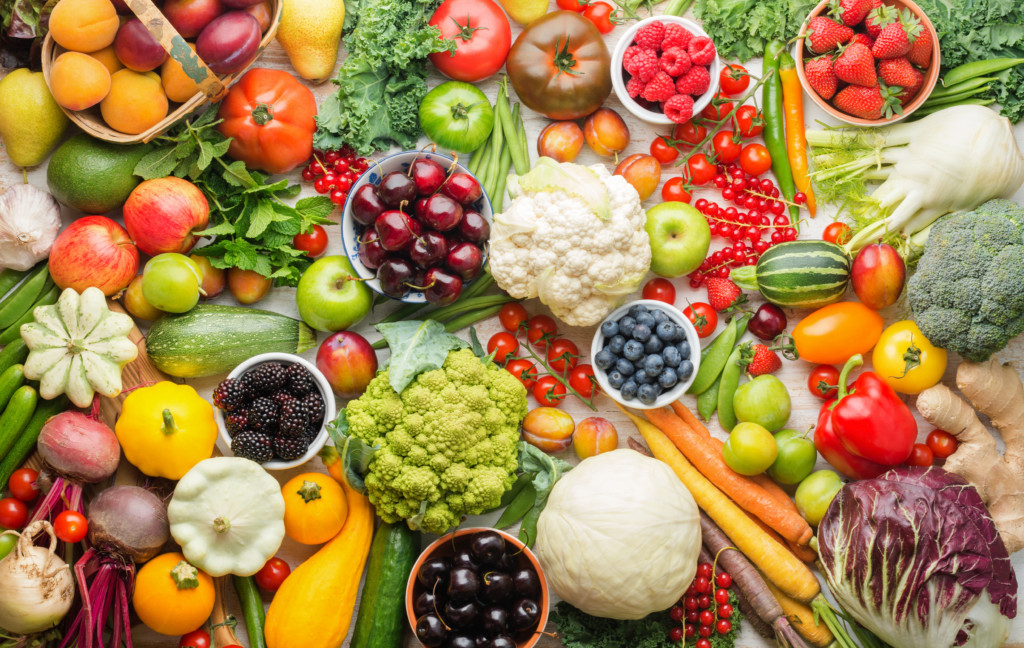Wellness
FAO State of Food and Agriculture Report Reveals the “True Cost of Food”
The Food and Agriculture Organization of the United Nations (FAO) has published its annual State of Food and Agriculture report. For the first time ever,…

The Food and Agriculture Organization of the United Nations (FAO) has published its annual State of Food and Agriculture report. For the first time ever, this year’s report has a strong focus on the true economic costs of the current food system.
According to the report, agrifood systems have significant hidden costs, adding up to at least $10 trillion per year. This is equivalent to almost 10% of global GDP.
Health costs
Over 70% of this figure is linked to health costs caused by poor diets, specifically those high in fat, sugar, and processed foods. These diets lead to obesity and chronic diseases, causing productivity losses; this is most prevalent in upper-middle and high-income countries. In lower-income countries, there are significant social costs from poverty and productivity loss caused by undernourishment.
Many experts agree that a whole food plant-based dietary pattern is the healthiest option; the updated Nordic Nutrition Recommendations published earlier this year recommend a diet rich in vegetables, fruit, whole grains, legumes, and nuts, with minimal meat. A top EU scientific advisor also recently described plant-forward diets as an important way to combat obesity.

Environmental costs
A fifth of the food system’s hidden costs are believed to be environmental, including greenhouse gas/nitrogen emissions, water use, and land use change. All countries are affected, and the true cost is likely to be even higher than estimated due to data limitations.
“I hope that this report will serve as a call to action for all partners”
Numerous studies have indicated that meat production is a major contributor to these costs, with beef requiring up to 99% more land and water than plant-based alternatives. Recent research also found that replacing half of animal foods with plant-based alternatives could virtually halt deforestation.

True-cost accounting
The FAO is now calling on governments and businesses to use regular and detailed true cost accounting (TCA) to measure hidden costs; they should then work to mitigate the harms caused by the agrifood system. The report underscores the “undeniable urgency” of food system transformation.
For the first time ever, the FAO plans to dedicate two consecutive editions of the report to the same theme, with next year’s edition focusing on ways to mitigate hidden costs in the food system.
“I hope that this report will serve as a call to action for all partners – from policymakers and private-sector actors to researchers and consumers – and inspire a collective commitment to transform our agrifood systems for the betterment of all,” said FAO Director-General Qu Dongyu.

Lion’s Mane Mushroom: History, Benefits, and Adaptogen Properties
Explore the intriguing world of Lion’s Mane Mushroom in our comprehensive guide. Dive into its unique properties, historical significance, and myriad health…
AI can already diagnose depression better than a doctor and tell you which treatment is best
Artificial intelligence (AI) shows great promise in revolutionizing the diagnosis and treatment of depression, offering more accurate diagnoses and predicting…
Reasons You should Get this: Neptune Wellness Solutions Inc (NASDAQ:NEPT), WeTrade Group Inc. (NASDAQ:WETG)
NEPT has seen its SMA50 which is now -9.28%. In looking the SMA 200 we see that the stock has seen a -92.25%. WETG has seen its SMA50 which is …
The…













